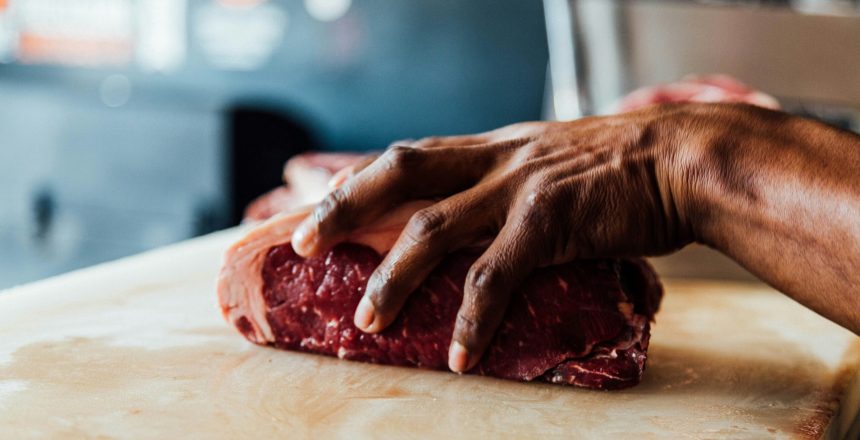
So you’re ready to create your own signature jerky flavor! There are many essential steps to creating an unforgettable jerky, and marinating the jerky is one of them. Once you’ve developed a marinade recipe you like, just how much time should the jerky marinate?
Marinating time is crucial in making homemade jerky. This guide will outline what you need to do to find the right time frame for marinating your jerky.
The marination process requires careful calculation, influenced by factors such as the cut of meat, its thickness, and the marinade’s ingredients. So, how long should you typically marinate jerky? Generally, at least 4 hours is necessary, but it can go up to 24 hours in some instances.
Spending hours on the marination process allows the meat to absorb the flavors properly without becoming too mushy or overly salty. We’ll explore these details further to ensure you have a clear understanding of the ideal marinating time for jerky.
Let’s start with your marinade. What ingredients will provide the star flavors in your finished jerky?
Most marinade recipes begin with a blend of soy sauce, Worcestershire sauce, salt, sugar, spices, and acidic ingredients like vinegar or citrus juice. But what you add or subtract can make all the difference. At Wild Game Jerky, we’re constantly testing new ingredient combinations in the search for more unique, incredible flavors.
Some jerky fans like to emphasize sweet flavors, while others go for super spicy profiles. Or, you might prefer a salty and/or sour taste. You could even try several different recipes.
Salt and sugar not only enhance the taste but also play a crucial role in drawing out moisture, which is vital for preserving the jerky. The acids help tenderize the meat by breaking down proteins, thereby improving its texture. For this reason, it’s important to let the jerky marinate longer if you’re going for a low-salt or low-sugar recipe or if you use fewer acidic ingredients.
The spices and seasonings used in the marinade also shape the jerky’s final taste, which can range from smoky and savory to sweet and spicy. A longer marination time can allow the meat to soak up more of these subtle flavors.
While an extended marination time can contribute to deeper flavors, there is a risk of over-marinating. Believe it or not, this can sometimes produce a worse outcome than under-marinating, so you should be careful when you first begin.
When meat soaks in the marinade for too long, it can absorb too much flavor—hard to believe, but this is an actual problem! The excess flavor can overshadow the meat’s natural taste and result in overly salty or excessively seasoned jerky.
From a texture perspective, over-marinated jerky may become too soft, losing the characteristic chewiness that is essential for good jerky. Acids in the marinade could overly break down the meat fibers, causing a mushy texture after drying—and no one wants mushy jerky.
Sometimes, it takes experimentation with different marination times to find the right one for your particular recipe. One suggestion is to prepare your marinade and then separate it into several different containers. Divide your prepared meat between the containers and let each marinate for a different time frame. Be sure to label the containers with sticky notes, so you know how long to let each one marinate.
Four hours is the minimum time, so this is a good place to start. Your next container might be six or eight hours, and another might be ten or twelve. Set timers for each one so you don’t forget and allow it to marinate too long.
After cooking your jerky, compare the different time frames and choose which one worked best in terms of flavor and texture. Based on the results, you can further refine your cooking time for the next batch of jerky.
If you’re heading out and don’t have a chance to prepare your own jerky or you simply want to try some fun new flavors, check out Wild Game Jerky. Our exotic jerkies include wild game like alligator, buffalo, and ostrich jerky in a stunning array of flavors.
COPYRIGHT 2019 WILD GAME JERKY